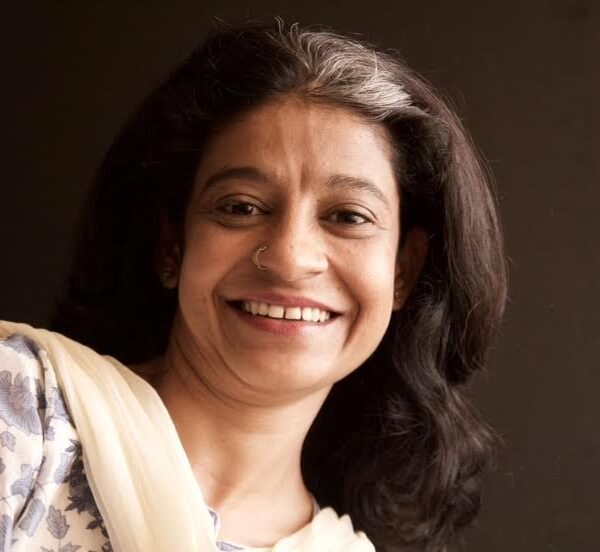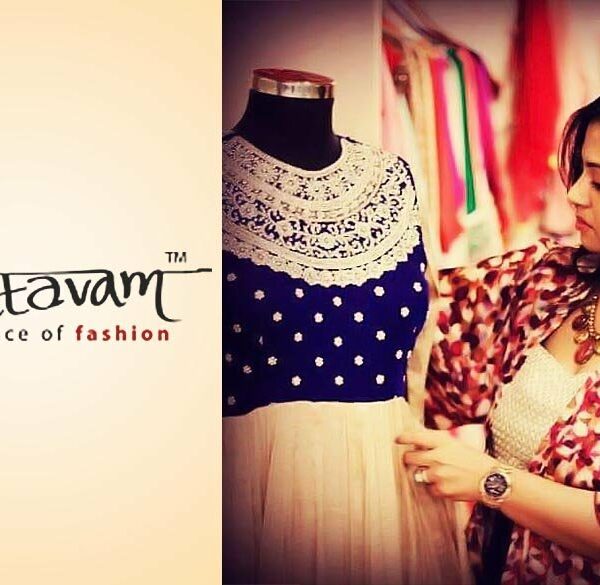We as women deal with a lot everyday. Our struggles do vary across our social locations in regard to caste, class, religion, race etc. but the existence of the struggle is nevertheless there, always. We are struggling every day, in every stage of our lives.
Some of us are fighting to go to school, to go to college, to continue their sports career further, some of us are fighting for the right to work, some of us in the workplace are fighting sexist comments by our coworkers, or the unequal wage gap, some of us are fighting the decision of our families to get us married when we don’t want to, or with the people we don’t want to get to married to, some of us are fighting the abusive husband or partner at home, some are fighting the pressure to have children and give up their career too soon after marriage, some are fighting against the pressure to abort the girl child in their womb, some are so fighting for taking birth.

The opponent in these struggles as we see are mostly men, but women are there also in many cases as the opponent in the struggle. The real enemy that we often fail to call out is patriarchy, that can loosely be translated as the rule of the ‘father’ or the oldest man.
Patriarchy puts men in a position of privilege. It validates a very distinct division of labor for women and men, women are to stay indoor, take care of the household, produce and rare children, the men were in charge of the outside world. They were the ones in charge of economic resources. Since women are not supposed to go out and earn money, patriarchy lets the chain of control be in the man’s hand because access to all other services are eventually dependent on a person’s access to economic resources in a capitalist society, and if a woman does not have access over economic resources, she has to be dependent for every other thing on the man.

Now when women are trying to break out from the fundamental division of labor of patriarchal society by coming out of home to study, to work and participate in sports that were previously dominated by men, they face obstacles in the form of sexism. Sexism basically means the notion of one single gender being superior to all other ones, pretty similar to Hitler’s Master Race theory. In a patriarchal society, the preferred gender is always men. Women face manifest and latent display of sexism every now and then in their daily life, even the women that we consider strong, independent, emancipated, or they are inspirational women of India The inappropriate touch in the bus, the lewd comments from across the road for wearing a short skirt, that lecherous look if our cleavage peeks up from our tops, the huge wage gap between male and female employees of the same qualification and designation, indifference to all the hard work that we put in to deserve a promotion and saying the promotion happened because we please people in position with just our bodies, not having enough lights in the stairwells of the office, not having enough women’s washrooms in office buildings and roads, seeing only women of a particular body type to be considered as desirable and being made to feel bad if we deviate from it one single bit or more, and being convinced on every possible platform of mass media to buy products that make you conform to the beauty standards, all are forms of sexism that we often fail to notice.There are million other forms in which sexism functions and a million new forms are emerging every day, often packed in a feminism wrapper thus difficult to distinguish.

Feminism fights sexism, and the larger structure patriarchy. The main idea is first equity between all genders, and when equity is achieved then equality between all genders. It has no hegemonic definition, it has layers and contexts that keep on changing with geographical as well as cultural locations. The main motto of feminism is to have the right to have choices over one’s own life, eg, we can take up the case of burqa. A lot of women think it’s patriarchal, a lot of women think it is not. Some countries forcibly impose burqa on women, in recent past France had banned burqa. The banning of burqa was looked at as an attack on Islam, so women started using Burqa as a means of resistance to protect one aspect of their identity. There has been a feminist critique of both forcible imposition of burqa as well as banning of it.
The feminist solution to this issue would be that whether to wear burqa or not should be left solely to the women concerned, forcible imposition or banning both are equally wrong.
Feminism fights for the autonomy of all the genders, and for feminism to win the battle against sexism and patriarchy, we must do our bit. Let’s take a pledge of not ignoring instances of sexism in our daily lives. Let’s start calling out the pervert trying to molest or catcall us on streets, let’s call out the colleague who cracks sexist jokes, let’s ask for more public washrooms, let’s not tolerate abusive partners, let’s get independent, strong, emancipated, in every way possible. It will definitely take long for Indian women to wash away patriarchy achieve the heights, but let’s bring in the waves.
Contributed By :
Dyuti Sudipta Jha












